Given the current energy and cost of living crisis everyone is looking to make savings in terms of energy consumption. Reducing energy usage and using energy more efficiently makes perfect business sense. So where can businesses cut costs without impacting the workplace?
This article looks at how simple actions can result in energy savings and cost cutting and can prolong the lifespan of your Heating, Ventilation and Air Conditioning (HVAC) system.
How Much Energy Do HVAC Systems Use?
There are a number of factors which determine how much energy an HVAC system uses. These include the size of the system needed. This depends on the design, layout and size of the space to be kept cooled or heated; the indoor temperature and air quality that’s required, whether there are controls which can limit the HVAC to the required times it needs to be in use, the temperature changes generated by equipment housed within the space which impacts how much the HVAC has to intervene to control the temperature and the design and efficiency of the HVAC equipment installed.
Clearly HVAC systems vary widely when it comes to size and consume varying levels of energy. However, heating, ventilation and air conditioning usually account for the largest energy consumption and business expense for many companies.
In 2016 the Building Research Establishment (BRE) group report “Study on Energy Use by Air-Conditioning: Final Report” found that 10% of all electricity used in the UK was used for air conditioning with 65% used in office space and 30% in retail. The report estimated that cooling in offices for “typical consumptions to be in the range 31 to 41 kWh/m2 pa, with “good practice” consumption levels of 14 to 21 kWh/m2 pa. The “cost-optimal” level for new offices, calculated for the Energy Performance of Buildings Directive (EPBD), is 9 kWh/m2”. These figures are based on a median calculated intensity (weighted by consumption) and were based on newer air conditioning systems which will be more energy efficient so figures maybe higher when older HVAC systems are taken into account.
A paper published in 2021 by the Department for Business, Energy and Industrial Strategy (BEIS) “Cooling in the UK” found that offices and the retail sector were still the highest consumers of energy for cooling and humidification across all UK sectors. The office sector accounted for 51.2% of which private offices accounted for 44% of total consumption. Next was the retail sector at 18.8%.
The electricity prices published by BEIS for the non-domestic sector showed that in 2020 the average cost of electricity in kWh was 13.48p. In 2021 this increased to 15.08p and in 2022 it is now 19.08p (based on the cost in the 1st and 2nd quarter of 2022). Ever increasing energy costs will clearly result in higher energy bills so it’s important to look at how you can reduce the amount of energy it takes to run your HVAC system.
Making HVAC Energy and Cost Savings
You’d be surprised just how much energy is wasted every day in commercial buildings. Taking steps to reduce energy wastage can make all the difference when it comes to reducing costs and improving sustainability. Some of the many adjustments that businesses can make to help improve the energy efficiency of HVAC systems are outlined below:
Minimise Issues That Impact Indoor Temperature
It makes sense to identify where excess heat comes from within your business space. Things like sunlight and equipment can impact the regulation of indoor temperatures. Therefore, it’s worth considering taking action to reduce this impact.
You should look at installing blinds on the outside or inside of windows or make sure reflective glass is used to prevent the build-up of heat.
When it comes to equipment look for the most energy efficient equipment available. The more energy efficient the less heat it will produce. You should also encourage staff to limit the amount of time equipment is turned on and where possible use power down or power off functionality on equipment like photocopiers, printers, and computers when they are not in use. Turning off lights (or putting lights onto timers) out of hours can also help reduce heat generated.
Keeping windows and doors closed when the heating, ventilation and air conditioning system are on prevents your HVAC from having to work overtime to compensate for the variation in temperature caused by letting the outside air inside. Staff may be inclined to open a window if it gets too hot indoors however it’s better to adjust the thermostat rather than open a window or door. In fact, according to the Carbon Trust it’s possible to save up to 1/3 on heating or cooling costs by reducing the amount of outside air that enters a building.
Install a Programmable Thermostat
Having a programmable thermostat allows a business to determine what the right temperature at the right time should be within their workspace. Spaces can be set to run at higher or lower temperatures depending on the time of year, the number of people occupying a room and the type of equipment present.
When a space isn’t in use the temperature can be lowered. Thermostats can also be set to a schedule, depending on occupancy, and then tweaked by staff as and when required if scheduling changes.
Match Occupancy and Temperature
You may find that different areas within your building are used at different times. Where this is the case, it’s worth looking at whether your HVAC can be turned down or off in this area when a space isn’t being used. You could programme your thermostat to do this automatically ensuring that the HVAC is only used when it’s required.
However, it’s important that any controls can be over-ridden when circumstances change, and temperatures need to be adjusted.
Improve Understanding
It’s important that staff understand how the HVAC system works. As previously mentioned, staff may feel the need to open windows or doors if they start to feel too hot. Instead, they should understand that opening a window will cause the HVAC system to work harder to try to maintain the set temperature, resulting in higher running costs and potentially the generation of more heat as the system works overtime.
It’s also important to educate staff in how to operate the air conditioning and controls so they know how to set the temperature. Where the air conditioning units have louvres which are used to guide the flow of air, staff should know how to adjust them. Having instructions which are easily accessible will also help.
HVAC Maintenance
One the biggest ways to ensure sustainability and reduce energy costs is through regular maintenance of your air conditioning system. HVAC maintenance and energy management go hand in hand.
HVAC systems are complex and require monitoring and maintenance if they are to perform efficiently and effectively. Your HVAC system should be serviced throughout the year and the number of visits required will depend on the size of your premises – the size of your air conditioning – and the age of the equipment. This may be once a month, once every couple of months or just once a year.
Regular maintenance will help to identify problems at an early stage before they become major issues which result in costly bills. Some of the many elements that should be maintained and checked include:
Keep Your HVAC Free of Dirt and Dust
Just like any other equipment and specifically equipment which requires a flow of air to move through it to function correctly, it’s vital that all components are kept free of obstructions, dust and dirt.
Check your condenser which is usually located outside isn’t blocked by leaves, vegetation, or other debris. Check air ducts are clean and clear of any dirt or debris. Clean or change filters if they become clogged.
If your system becomes clogged and air flow is obstructed the HVAC will need to work harder, and may eventually fail to maintain the indoor air temperature and quality. The harder the system has to work the more energy will be used and the higher your bill will be.
Ensure Ductwork Is Sealed
As a major part of an HVAC system ductwork should be regularly checked for issues as it can have a major impact on how well your HVAC performs. Holes and loose or disconnected ductwork can cause air to leak out of the system and into the room. It’s also important to check the registers seal at the duct connection as a poor seal can allow air to escape from the HVAC and may also let dirt, dust and debris into the system.
Any of the issues above can affect efficiency, temperature, and air quality, as well as the lifespan of the HVAC.
Insulate To Prevent Heat Escaping
Thermal insulation of ductwork should be used where appropriate to prevent heat escaping from the system. This also allows the system to protect cool air within the system from being “heated” by the outside air and affecting the temperature regulation. Insulation should also be installed on refrigerant pipework, especially any pipework that’s situated outside the building, so that the temperature of the refrigerant is maintained and isn’t affected by the outside temperature.
If an HVAC is left uninsulated it may cause the system to have to work harder which in turn may result in condensation within the ductwork which can provide the perfect breeding ground for mould or mildew.
Check Refrigerant Levels
An HVAC system requires refrigerant to work. If your refrigerant leaks (which is in itself a major issue, as refrigerant is toxic) then refrigerant levels will drop and your HVAC will start to struggle to transfer heat. Low refrigerant levels and refrigerant that’s leaked can also cause damage to parts of your system.
Eventually if left untreated levels will drop so low that your system will fail and stop working. It’s therefore vital that as part of any maintenance package refrigerant levels are checked.
Thermostat
Thermostats may seem like a very small part of an HVAC system, but it is the element which determines the temperature within an area and decides whether your HVAC needs to heat or cool. Thermostats also have to be calibrated correctly otherwise the temperature you think you’re setting isn’t the temperature you’ll actually get.
If your thermostat(s) stops functioning then it can mean that your building, office space, restaurant, shop, or school’s temperature will no longer be controlled or comfortable so it’s important that it’s checked as part of routine maintenance.
When Your HVAC Reaches End of Life
Just like all equipment an HVAC has a lifespan (which is extended when maintenance is regularly carried out) of around 15 years. However, at some point your HVAC will become inefficient, stop performing as expected and may suffer from multiple failures unless it’s replaced.
New HVAC systems are far more energy efficient than older models. Energy star certified products can improve sustainability and reduce energy costs. Just by upgrading to a new system you can save a great deal of money.
Use a Qualified HVAC Engineer
By using a professional HVAC engineer and contractor you can be sure that you’ll get the right advice as to which is the best HVAC system for your premises. It’s important that your chosen HVAC partner has industry specific knowledge and is able to meet your needs regardless of the size or complexity of the project.
It’s also important that they are up to date with all technological changes and new legislation in the HVAC industry. This will allow you to focus on your business and not worry about whether your air conditioning and ventilation is running efficiently or is legally compliant.
Synecore For M&E Contractors For HVAC Maintenance
Synecore are M&E contractors and approved installers of the industry’s leading air conditioning and commercial refrigeration.
Working for clients across Kent, London, and the rest of the UK, we supply top of the range air conditioning brand names, including Daikin, Toshiba and Mitsubishi to office developments, hotels, restaurants, retail, and large commercial premises. Whether you require single split systems or large multi VRV/VRF air conditioning systems, we will provide you with a sustainable and long-lasting cooling and heating solution.
If you’re looking to install new air conditioning or commercial refrigeration or to setup an HVAC maintenance contract, contact our team or call on 01795 509 509. We’ll talk you through your options and provide you with expert advice for your business.
Subscribe to our newsletter!
Contact us
0845 241 4953
sales@synecore.co.uk
Archives
- January 2024
- December 2023
- November 2023
- October 2023
- September 2023
- August 2023
- July 2023
- June 2023
- May 2023
- April 2023
- March 2023
- February 2023
- January 2023
- December 2022
- November 2022
- October 2022
- September 2022
- August 2022
- July 2022
- June 2022
- May 2022
- April 2022
- March 2022
- February 2022
- January 2022
- December 2021
- November 2021
- October 2021
- September 2021
- August 2021
- July 2021
- June 2021
- May 2021
- April 2021
- March 2021
- February 2021
- January 2021
- December 2020
- November 2020
- October 2020
- September 2020
- August 2020
- July 2020
- June 2020
- May 2020
- April 2020
- March 2020
- February 2020
- January 2020
- December 2019
- October 2019
- September 2019
- August 2019
- July 2019
- June 2019
- May 2019
- April 2019
- March 2019
- February 2019
- November 2018
- October 2018
- September 2018
- August 2018
- July 2018
- May 2018
- April 2018
- March 2018
- February 2018
- January 2018
- December 2017
- October 2017
- August 2017
- June 2017
- April 2017
- March 2017
- February 2017
- January 2017
- December 2016
- November 2016
- October 2016
- September 2016
- August 2016
- July 2016
- May 2016
- April 2016
- March 2016
- February 2016
- January 2016
- December 2015
- November 2015
- October 2015
- September 2015
- July 2015
- June 2015
- May 2015
- April 2015
- September 2014
- August 2014
- July 2014
- June 2014
- April 2014
- March 2014
- February 2014
- January 2014
- December 2013
- November 2013
- September 2013
- August 2013
- July 2013
- June 2013
- April 2013
- March 2013
- February 2013
- January 2013
- December 2012
- November 2012
- October 2012
- September 2012
- August 2012
- July 2012
- June 2012
- May 2012
- April 2012
- March 2012
- February 2012
- January 2012
- December 2011
- November 2011
- October 2011
- September 2011
- August 2011
- July 2011
- June 2011
- May 2011
- April 2011
- March 2011
- February 2011
- January 2011
- December 2010
- September 2010
- July 2010
- June 2010



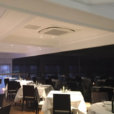





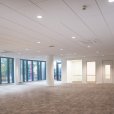
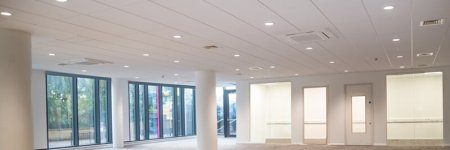
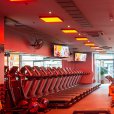
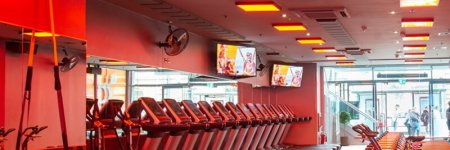


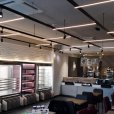

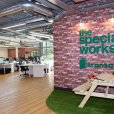




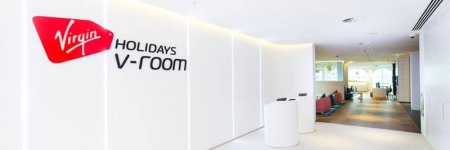




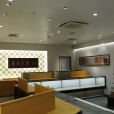
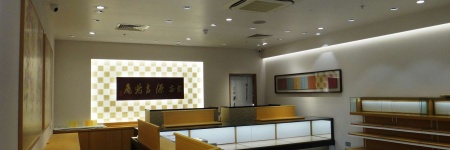
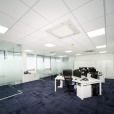
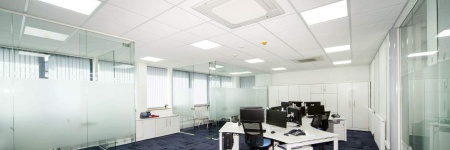
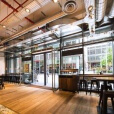
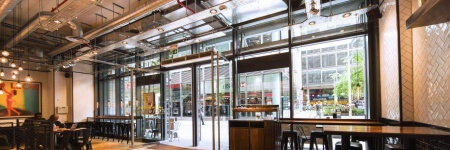
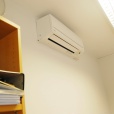
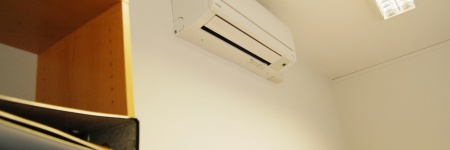

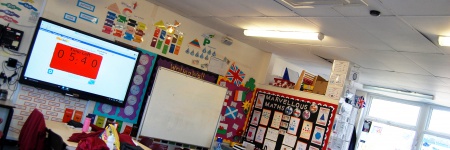
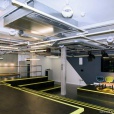
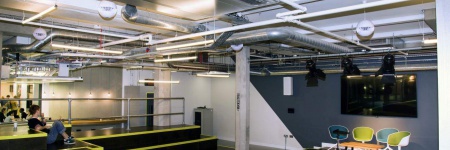
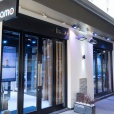
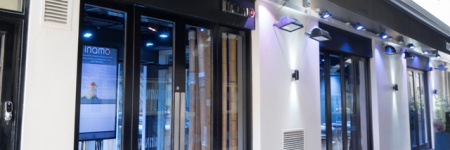
Recent Comments